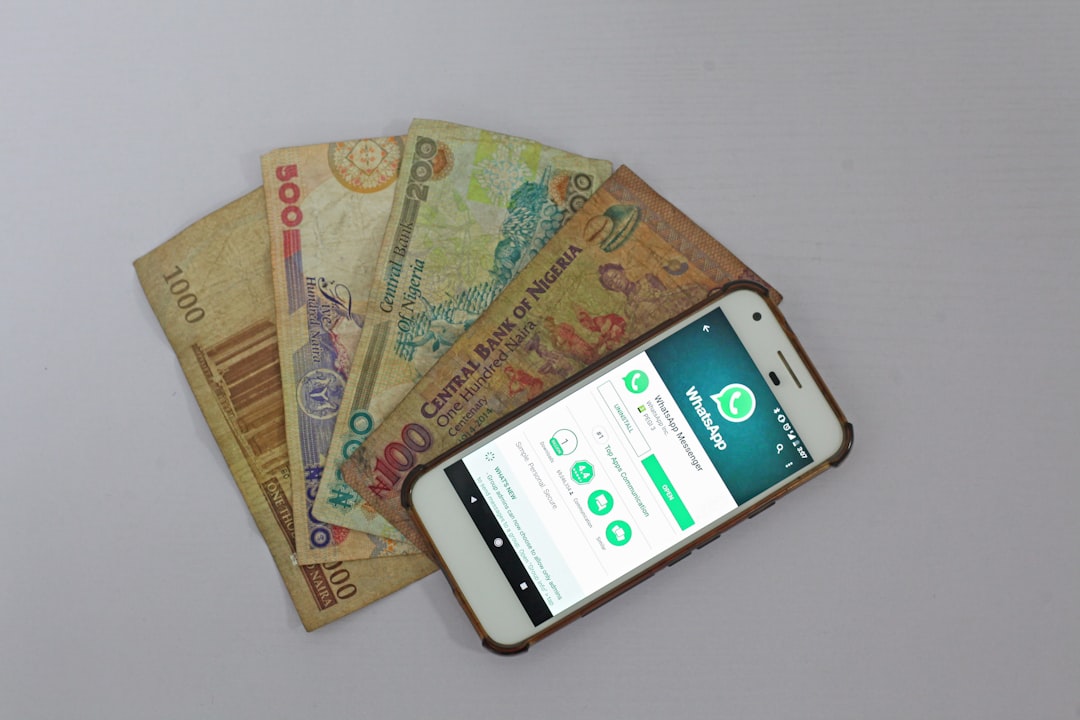Dubai is fast becoming one of the top crypto hubs in the world. Thanks to its friendly regulations and love for innovation, it’s now a hot spot for crypto businesses. So, if you’re looking to ride the blockchain wave in the UAE, getting a crypto license in Dubai is your first step to success. Don’t worry — we’ll walk you through the whole process.
Why You Need a Crypto License in Dubai
Before diving into the process, let’s talk about why you need a license in the first place. Simply put, operating a crypto business without one in Dubai is a big no-no. The city takes crypto seriously, and that’s a good thing. It wants to make sure that crypto operations are legal, secure, and trusted by investors and users alike.
With the right license, you can:
- Trade cryptocurrencies
- Offer wallet services
- Run NFT marketplaces
- Develop DeFi platforms
- Operate crypto exchanges
Now that we’re clear on the “why,” let’s jump into the “how.”
Step 1: Choose the Right Zone
Dubai offers different zones where you can register your business. These zones are also known as “free zones.” The most popular ones for crypto businesses include:
- DMCC (Dubai Multi Commodities Centre) – Offers the DMCC Crypto Centre, built for crypto-related companies.
- IFZA (International Free Zone Authority) – Offers flexibility and fast licensing processes.
- ADGM and DIFC – Technically outside Dubai, but still part of the UAE’s roadmap for financial innovation. Great for fintech-driven crypto services.
For a solid crypto presence in Dubai itself, DMCC is highly recommended.

Step 2: Pick the Right Business Activity
When applying for your license, you need to tell the authority what your business will do. Each activity has different requirements and rules.
Some of the common crypto-related business activities include:
- Buying and selling digital assets
- Developing blockchain-based tools or software
- Offering crypto advisory services
- Creating and managing smart contracts
Choose carefully because it will determine the type of license you need. And yes, you can apply for multiple activities if your business covers more than one area.
Step 3: Meet the Legal Requirements
Now comes the paperwork. You’ll need to collect and prepare the following:
- Valid passport copies of the business owners
- A clearly written business plan
- Proof of address for all shareholders
- No objection letters (NOC) if you’re already working in the UAE
Also, be prepared to meet Know Your Customer (KYC) and Anti-Money Laundering (AML) compliance requirements. These are mandatory for any crypto business in the region.
Step 4: Apply for Initial Approval
This is your “green light” phase. It’s where your application gets reviewed, and the free zone authority checks if everything looks good.
Submit your documents to the chosen free zone’s registration desk or platform. They’ll evaluate your business model, team, and compliance plans.
If things go well, you’ll receive an initial approval certificate. It’s not your license yet, but it’s a crucial step forward.
Step 5: Lease an Office (Even Virtually!)
All businesses in Dubai need a physical or virtual office to register. The good news? Free zones offer flexi-desks for startups — these are small spaces or shared offices suitable for new businesses.
You can rent one right at the free zone where you’re getting licensed. Make sure to get a tenancy contract or Ejari certificate as proof of space.
Step 6: Submit for Final Approval and Licensing
With the initial approval, your office lease, and all required documents in hand, it’s time to apply for your actual crypto license.
This step includes:
- Paying the registration and license fee
- Review and approval by the regulatory body
- Receiving your trade license
Approval times vary, but usually you’ll get your license within 2 to 4 weeks.
Step 7: Open a Bank Account
Once you’re licensed, you’ll need a bank account for your business. Opening a corporate bank account for crypto firms can be tricky due to regulations, but don’t worry — it’s totally doable.
Some banks in the UAE are crypto-friendly. You might also consider digital banks or financial institutions specialising in fintech.
Be ready to provide:
- Your license
- Company registration documents
- Details about your business operations
- Compliance policies (KYC/AML)

Step 8: Stay Compliant
Earning your crypto license is exciting, but the work doesn’t stop there. You must stay compliant with all rules and regulations.
This means regular audits, submitting reports, updating KYC policies, and staying informed about any changes from authorities like:
- VARA (Virtual Assets Regulatory Authority) – based in Dubai
- ESCA (Securities and Commodities Authority) – applies to all of UAE
Failing to stay compliant can lead to heavy fines or even license cancellation — and nobody wants that.
BONUS: Work with a Business Setup Consultant
If this all sounds like a lot, that’s because it kind of is.
But don’t worry. You don’t have to do it all on your own. Business setup consultants in Dubai can guide you through the whole process — forms, documents, office spaces, everything!
They charge a fee, but in return, you get peace of mind. And you get to focus on building your crypto dream, not drowning in paperwork.
How Much Does It All Cost?
Costs can vary depending on the free zone and your business activity. But let’s break it down:
- License fee: AED 15,000 to AED 30,000
- Office space: AED 10,000 to AED 20,000
- Visa fees: AED 3,000 to AED 5,000 per visa
- Consultant (optional): AED 10,000 to AED 20,000
On average, setting up a licensed crypto company in Dubai can cost anywhere from AED 35,000 to AED 70,000.
Final Thoughts
Dubai isn’t just a city of skyscrapers and luxury cars — it’s also a beacon for web3 innovation. If you’re serious about crypto, setting up in Dubai gives your business credibility, legal standing, and access to a thriving market.
By following each step carefully — from choosing the right free zone to staying compliant — you can launch your crypto venture the smart way.
Now go build your future — the blockchain way!
Image not found in postmeta